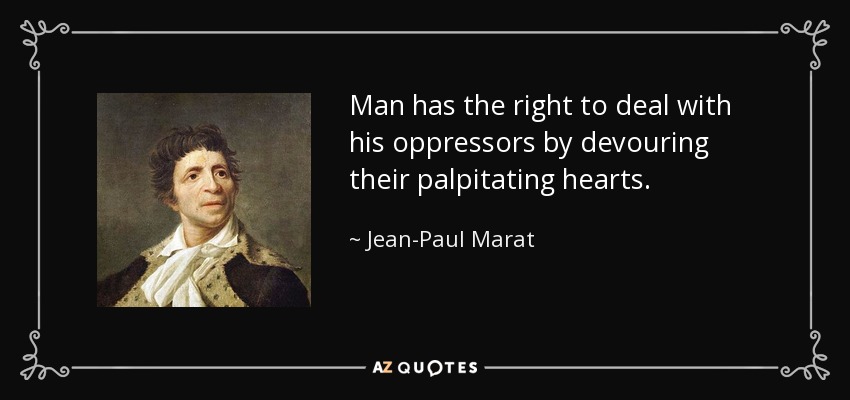Imagine making someone a martyr to punish them.
A more tragic ending would have been sending her to live the rest of her life on a rock on the opposite side of the world from both Napoleon and France, in the Pacific Ocean. Fading away into the waves as she tries in vain to return to all she lost and bled for.
...
Too tragic?
The problem for the kings was two-fold: She was the mother of the heirs to Napoleon's Empire, and a threat to power, as (in this timeline) She has 25 reputation, known throughout all of Europe as one of the greatest generals before Napoleon (Because Napoleon could do everything right, and was lucky as fuck) and most important of all: young enough, healthy enough and popular enough to take command of the French Army against the Bourbons (like Napoleon did) for Napoleon or one of her children, and just continue ruling in either a regency or the Marshal of France keeping it safe from Europe.
And after Waterloo, and with the Congress of Vienna, and Tallyrand playing everyone for chumps, (Because Talleyrand is awesome) negotiating a settlement to allow the Bonapartes to keep the throne if Napoleon and his children never took up arms against Europe again.
Thérèse was just way to damn popular with the masses to exile, for the Soldiers would mutiny to get her back as their Marshal, To pardon, as that would show weakness to Napoleon's wife, and cause even more unrest amongst the French people (She would never swear loyalty to a king who just tried to murder her kids).
So the only thing they could do to get even a semblance of control was to Martyr
Thérèse cause if they didn't, they would use her and Napoleon as the symbols to keep fighting against the Bourbons.
In the end, all it does is start another revolution.
You're horrible. Pass me some of that Angst juice.

Though you can also end the story with a bittersweet ending. Both Therese and Napoleon looking out at the sea every day, hoping to one day meet each other again, only to have it fulfilled when they die at the same time and hearing each other's voices.
Kind of like t
he Cowherd and the Weaver Girl story but they'll only reunite in the end.
No: It would be more like this
Exiled:
in the end, the French Crown decided it was better to let you live, both in shame and in guilt, far away from home. The Marquis de Lafayette, a man you had only known briefly in his final days on earth, had prepared you a small villa in New Orleans, prepared for you and Napoleon for the time when you both decided it would be better to end on the highest of highs.
But you were forced to go alone. Without your husband, without your children... without any one of the old friends and allies that you had come to known in your time in the army.
The remainder of your life was spent in your home. Not alone of course. The young women of the states were more than accommodating, asking you questions, interviewing you, and one of them... some girl you never quite the name, to write your memoirs for you, assisting you as your hands could never stop shaking, your ability to write severely hampered.
"
Thérèse Auclair The Marshal of France: A Memoir of A Believer"
You tried in vain to see Napoleon again, to sail to Saint Helena and see the man you loved one last time.
But it was too late. He was dead in 1821... an affliction unknown to his doctors had taken him in his sleep.
Louis Antoine Fauvelet de Bourrienne, Napoleon's secretary, and one of his oldest friends came to you to deliver the news.
You wept for hours in the man's arms, before he told you his final words.
"'France, army, head of the army, my children,
Thérèse."
-------------------------------------------------------------------------------------
Thérèse Auclair lived for thirty more years after the Death of Napoleon, long enough to see the Bourbons ousted from power and her nephew take the throne.
He offered her a chance to come home, and Thérèse Accepted and undertook the long, arduous journey to her homeland.
But on the ship home, she was struck with a fever that ravaged her body until she was nothing more than a husk of her former self, being barely able to speak and move without assistance.
She returned to her homeland on January 15th, 1852, to heroes welcome, as the last surviving Marshal of France, at the age of 79.
She would wave to the crowd, and hug her son, but the only thing she did was go to her husband's tomb, Les Invalides, and saluted his body, before weeping alone.
She would die three days later.
She was interred in Les Invalides with full military honors, next to her husband, and Emperor.
Her name, along with Napoleon's would be carved into the Arc de Triomphe.
On her Tomb, it is written:
"For the Republic, I Gave Youth. For Emperor, I gave Honor. For Family, I Gave Love. For France, I Give Everything."



